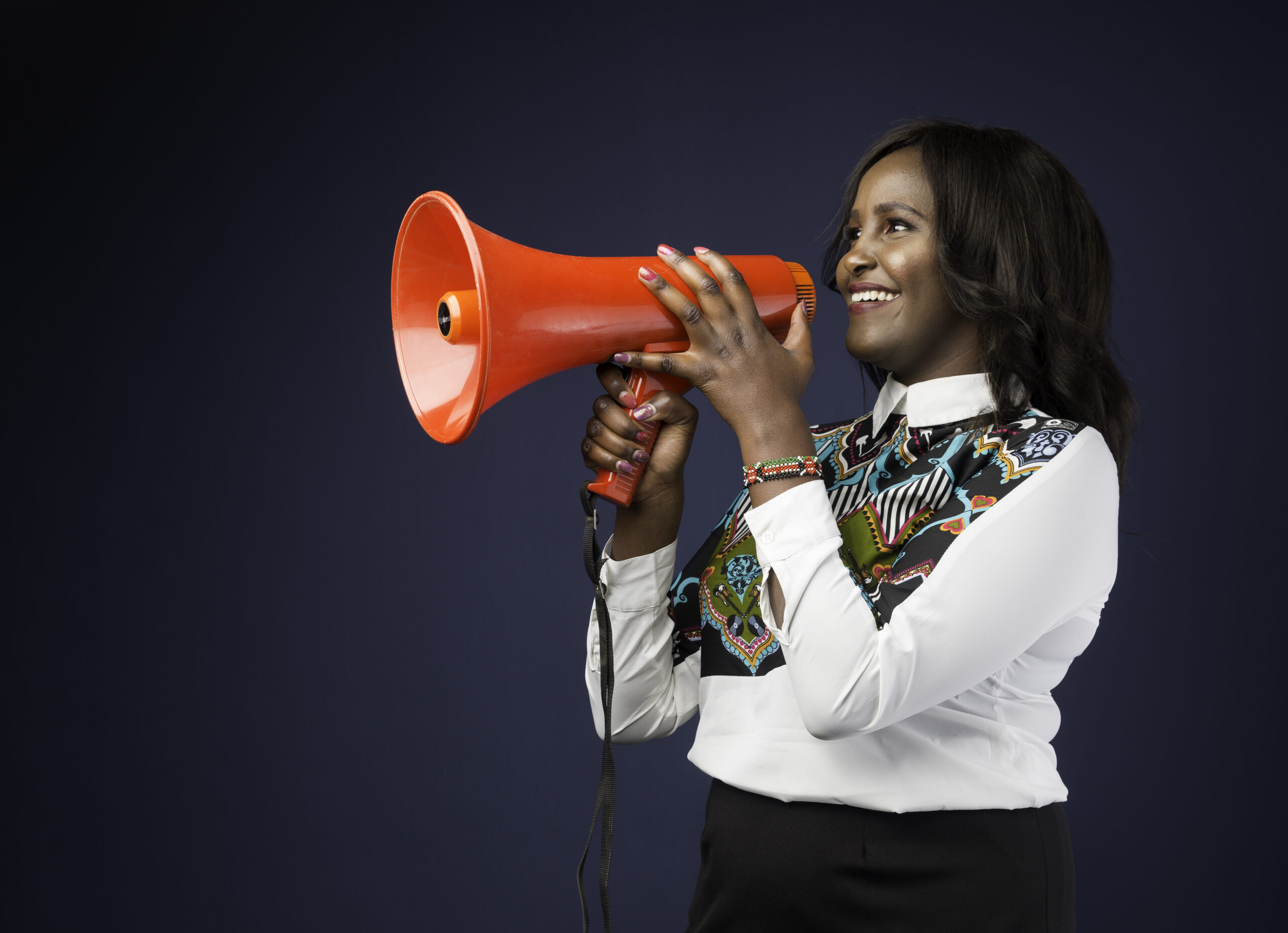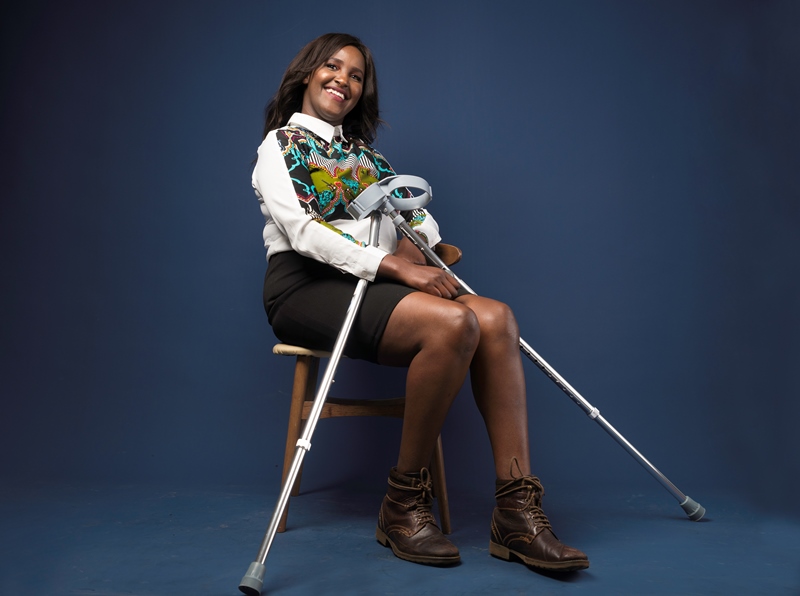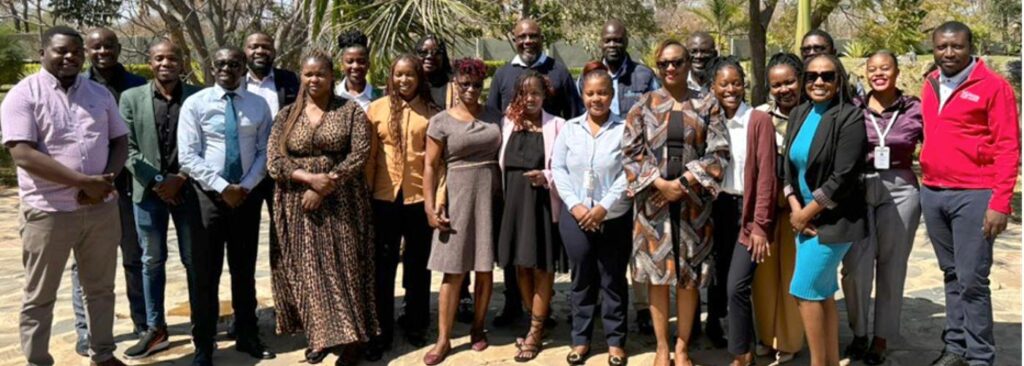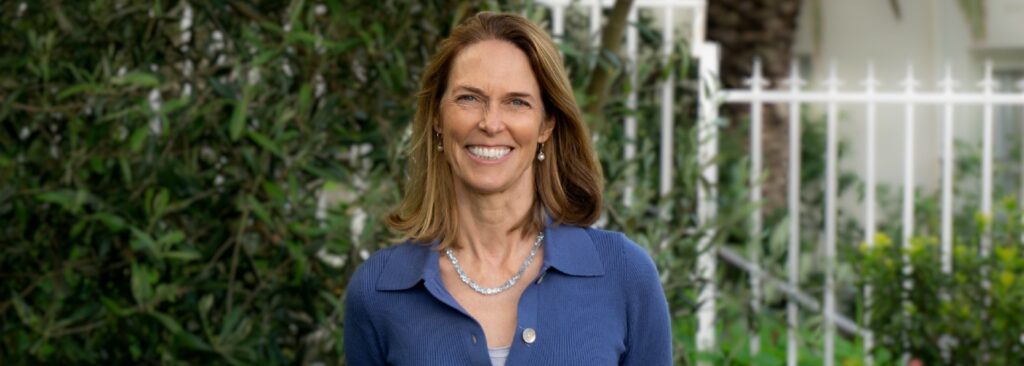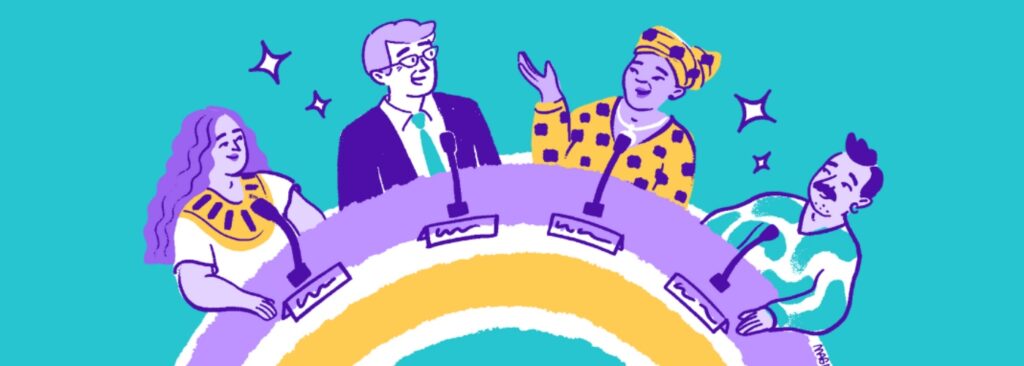The World Health Organisation (WHO) estimates that one in five women is likely to experience disability in her lifetime. For women with disability, the odds against them are double tiered; first for being a ‘woman’ and secondly as a person with disability, having limited access to opportunities such as education, justice, economic rights and the power to take part in decision making.
Maria Njeri’s story pans out from misconceptions that persons with cerebral palsy are intellectually challenged. This is an encounter that is not far off from what most persons with disability have to grapple with everyday. ‘’We constantly have to break through the barriers of people recognizing us (persons with disability) as human beings without requiring justification that we are equally able’’ says Maria Njeri.
Maria is the founder of the Njeri Maria Foundation in Kiambu County, Kenya. Her organisation’s mission is to champion awareness in schools, among parents and support an ecosystem inclusive of medical practitioners as efforts all geared towards enabling a society inclusive of the rights of people with cerebral palsy.
Her journey to establishing the foundation traces back to when she was a child. ‘’ My family calls me the guinea pig of trying out most things that seem overly difficult at first’’ she said. She sees herself as a pace setter having overcome obstacles such as breaking common stereotypes that label persons with cerebral palsy as ‘weak’. ‘’I am lucky that my parents were not only protective of me but did not cut any corners of according me the best quality of education to give me a voice’’ she adds.
Maria’s encounter with Voice (a grant facility jointly managed and executed by Hivos and Oxfam Novib) was through the This Ability organisation- a social enterprise focused on advancing disability rights and inclusion in Kenya. This provided her an opportunity to interact with Lizzie Kiama (the founding Director of This Ability) where a relationship ensued to champion for inclusive sexual reproductive health that integrates the rights of women and girls with cerebral palsy. Through this linkage, Maria established a mentorship program for girls in special schools that train’s teachers, families and medical practitioners to cater for the specific needs of girls with cerebral palsy.
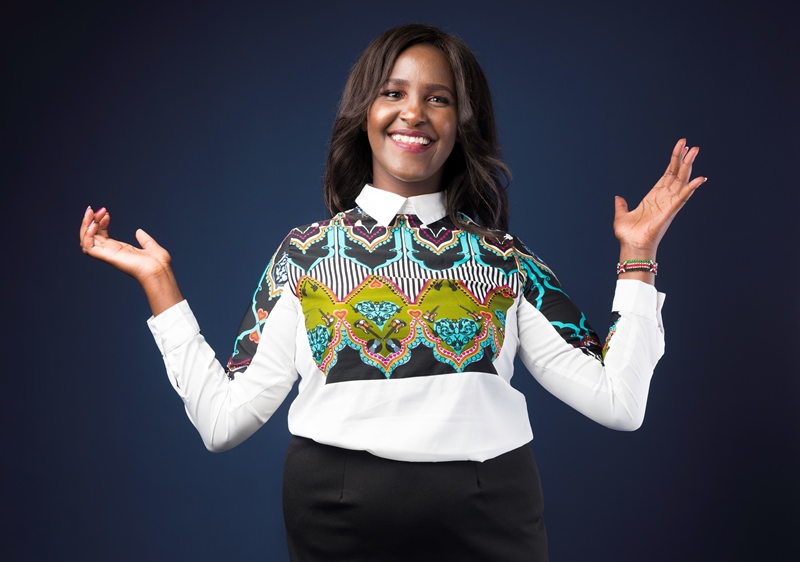
‘’For me, #BalanceforBetter is all about preserving my dignity as a woman and society removing the gender box label. Let’s do away with it completely and stop judging women based on their gender and ability to contribute in society’’ she ended.

